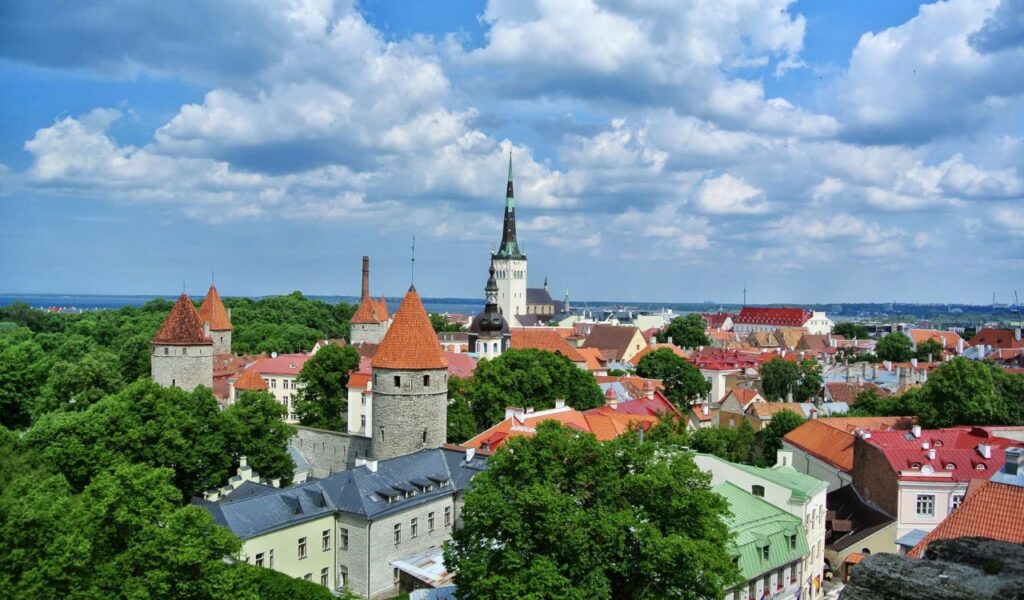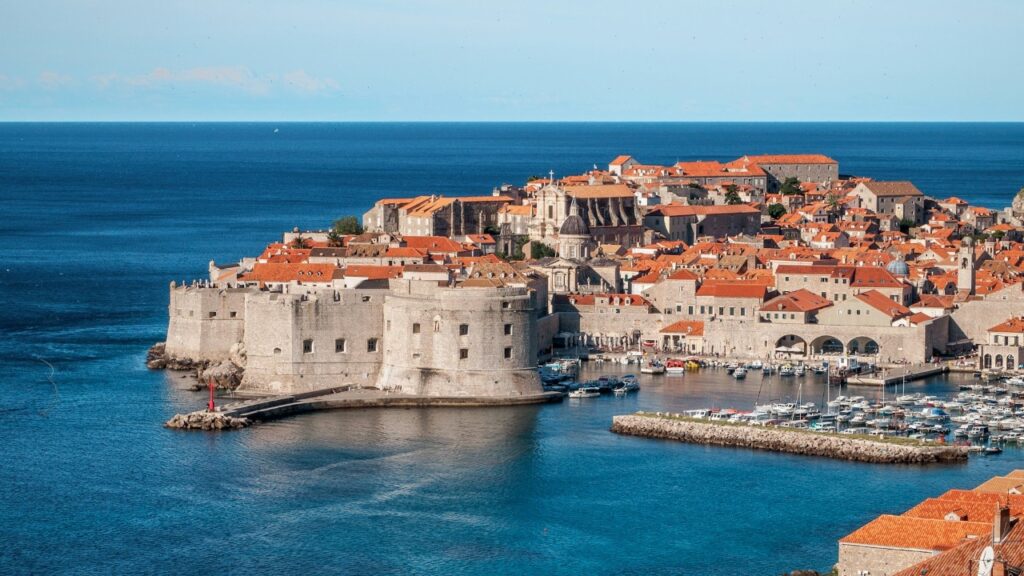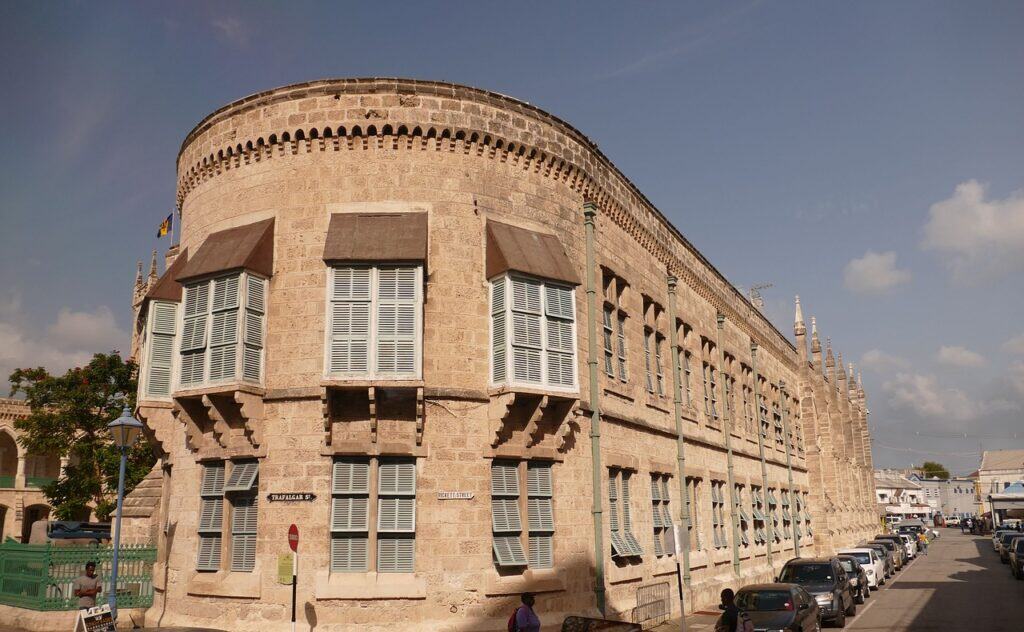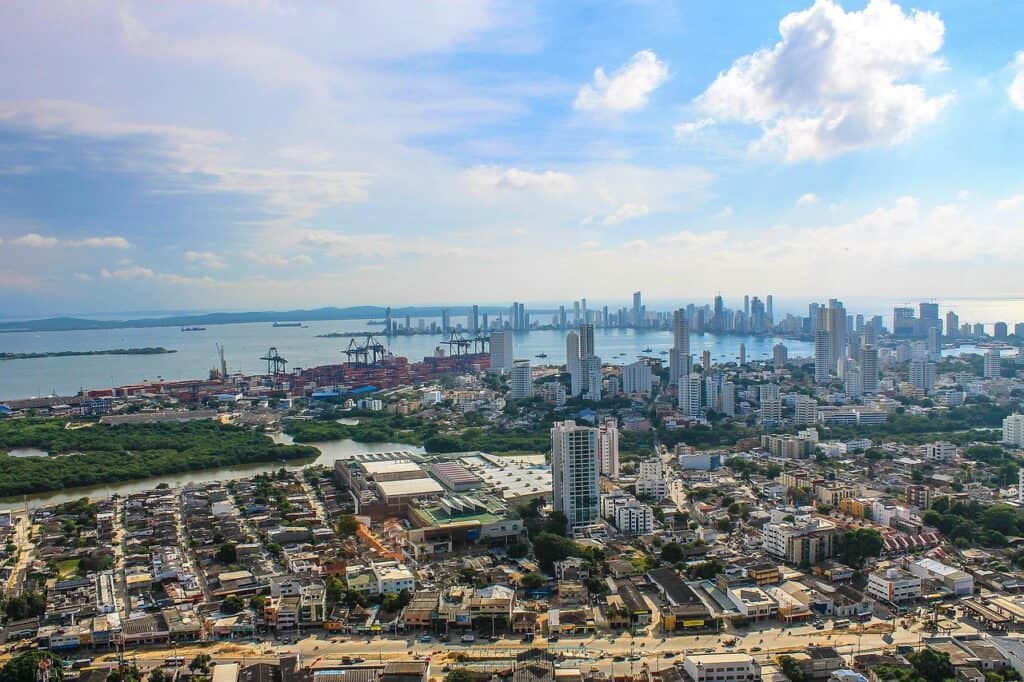We may earn money or products from the companies mentioned in this post. This means if you click on the link and purchase the item, I will receive a small commission at no extra cost to you ... you're just helping re-supply our family's travel fund.

Remote work thrives where visas are clear, housing is simple, and calls do not buffer. Across Europe, the Middle East, and the Americas, governments now court location-independent workers with residence permits, tax perks, and strong broadband. Coworking hubs sit near transit, fiber reaches old neighborhoods, and even small islands have started taking upload speeds seriously. The places below balance paperwork, price, and bandwidth so work feels steady and days land on time without trading life for a signal.
Portugal

Portugal’s D8 pathway turns remote work into legal residency with minimal friction and a clear paper trail. Lisbon and Porto run fast on fiber, while coastal towns keep solid mobile coverage for quick moves between flats and cafés. Coworking spaces cluster around metro stops, making meetings and errands easy to stack in one loop. Health care access, straightforward banking, and predictable renewals support longer plans. It is an everyday kind of comfort that still feels connected to Europe.
Spain

Spain’s telework visa opens with a one year start and simple renewals that pair nicely with dense fiber in cities and second tier hubs. Valencia, Málaga, and Bilbao now match big city reliability without big city stress. Housing platforms and coworking chains reduce guesswork, while rail links keep travel flexible for client visits. Good upload speeds help video heavy teams hold steady all afternoon. Policy meets infrastructure, and the payoff is fewer hiccups between projects and real life.
Estonia

Estonia’s digital nomad visa sits on top of a country built for secure logins and clean admin. Tallinn’s coworking scene is seasoned, and even short term rentals often ship with fast lines that handle long calls and cloud backups. Fees are transparent, turnaround times make sense, and identity systems cut down on errands. The tech stack is not just for show; it saves hours that would vanish to queues elsewhere. The effect is simple. Work flows and days breathe.
Croatia

Croatia’s remote work permit allows up to 18 months, a generous window that lowers pressure on housing and school-year planning. Zagreb runs fast, and coastal cities have improved fixed and mobile speeds enough to trust during busy months. Coworking bays dot old ports and modern districts, and banking has grown friendlier to foreign income. The real value is time. A year and a half lets routines settle, friendships form, and projects scale without racing a calendar that feels too tight.
Malta

Malta’s Nomad Residence Permit starts at one year with renewals that can extend stays to a multi-year plan. The island’s compact size keeps commutes short and logistics tidy, while fixed broadband has climbed in both speed and stability. English-friendly services ease banking and health care, and coworking clusters close to ferry and bus lines make scheduling painless. The draw is practical. Clear rules, steady connections, and a walkable scale that wastes little time between a call and the next task.
Greece

Greece offers a digital nomad visa with an initial year and options to extend, now backed by improving speeds in Athens, Thessaloniki, and major islands. Coworking spaces sit near transit and food markets, which keeps a full day efficient rather than scattered. Fiber and 5G have widened coverage, turning shoulder seasons into productive months instead of gambles on signal strength. The lifestyle stays vivid, but the core is work that holds steady while the city moves at a humane pace.
United Arab Emirates (Dubai)

Dubai’s virtual work residence lays out eligibility and fees with unusual clarity, then pairs that with world-class mobile speeds and wide 5G. Banking and housing run on predictable rails, and health insurance onboarding is well mapped for remote hires. Low latency helps cross-ocean teams share live edits without stutter. Metro and ride hailing keep meetings punctual even at peak. It is a polished, high-capacity setting where heavy video, data, and travel demands all fit into one week.
Barbados

Barbados’ Welcome Stamp created a clean, one year runway for remote workers and families, with extensions available for longer stays. The island has pushed to strengthen backbone links, and coworking options give serious alternatives to the beach café myth. Groceries, clinics, and schools sit within short drives, keeping routine life practical. Uploads for media and data jobs now feel dependable rather than fragile. The climate is a perk, but the real win is stability at weekday speed.
Costa Rica

Costa Rica turned short visits into a one year remote work category with the option to extend and friendly tax treatment on foreign income. San José anchors fast fixed lines and coworking, while mobile coverage fills the gaps for regional trips. Health services are accessible, and banking has grown smoother for international payments. Speeds have trended up, which shows during long calls and nightly cloud backups. The broader rhythm is balanced. Work stays steady, and evenings still feel open.
Colombia

Colombia’s digital nomad visa can run up to two years with clear income thresholds and defined fees, which lowers risk for longer bets. Medellín and Bogotá post strong gains in fixed and mobile speeds, and coworking floors run daylong video without dropouts. Apartment supply keeps monthly costs predictable, while transit and flight networks connect regional clients. The formula is convincing. Enough time to commit, enough bandwidth to scale, and enough price stability to plan beyond the next quarter.